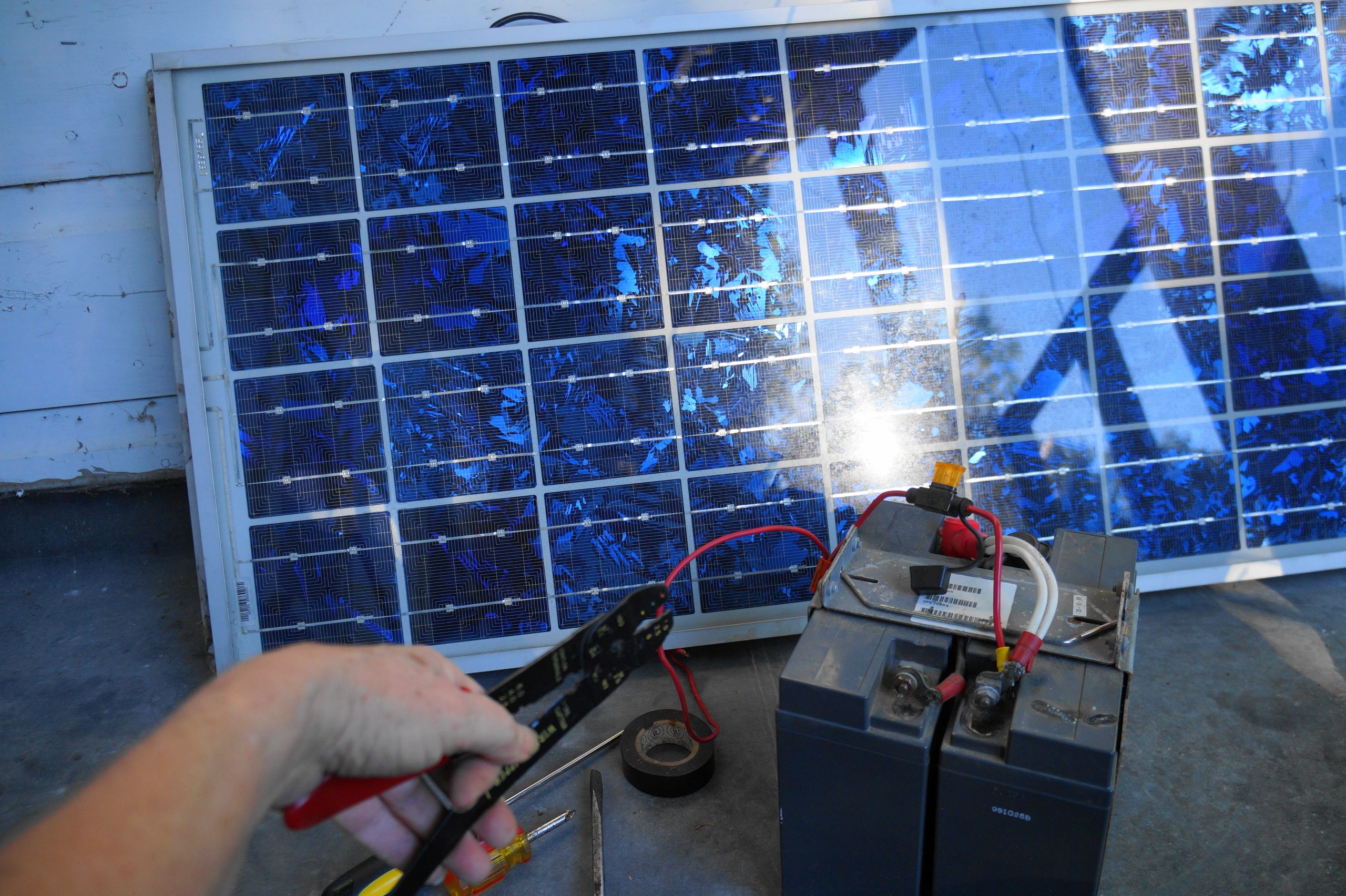A solar power system consists of a solar panel, a battery, and a load. When connected to the controller, the solar panel generates the charging function. When connected to the battery, the load creates the discharging function. In this way, the battery will only be charged when the solar energy is directly applied to it. So, the best controller for your solar power system is an MPPT. However, you may find a simple model on the Internet for cheap.
A solar charge controller is rated for the voltage of the PV array and the current of the batteries. Most solar charge controllers come in 12, 24, and 48-volt models. Their ampacity ratings range from one to eighty amps. They also range from six to 600 amps. The solar power controllers are sized according to the voltage of the system. The charge level depends on the voltage, so the controller must match the voltage of the PV array.
If you use a solar panel for your home, you should purchase a Solar Charge Controller. If you do not know much about the technology, it is better to choose a cheaper model, but make sure you check its specifications and installation manual carefully. If you do not, you may end up damaging your battery and the solar charging kit. If you don't know what to look for, you can check out the online tutorials. The videos are easy to understand and can help you understand the different types of Solar Charge Controllers.
A Solar Charge Controller is an essential piece of solar equipment. It prevents overcharging by blocking the reverse flow of current at night. The cutout in the charge controller also protects the batteries from under or overcharging. This will prevent a battery from being over or under charged. It will not be able to produce enough electricity to operate, so it is essential to make sure it's a perfect fit for your solar energy system.
A solar charge controller will divert the charging current to the battery from the PV array. It will also protect the battery by disconnecting loads when the battery voltage drops below a certain low voltage preset point. Moreover, solar charge controllers have a high and low voltage disconnect point to prevent overcharging. When you choose the best Solar Charge Controller, it will also be compatible with the voltage of the PV array. Its best feature is the multistage.
A solar charge controller should be able to charge a battery up to 42 volts. This can be a challenge if you have many solar panels. It is advisable to install the charge controller before installing your solar panel. A properly installed and maintained Solar Charge Controller will ensure that your solar energy system is safe from overcharging. The best way to use a solar power controller is to read the manual carefully before you buy it.
The solar charge controller will allow you to adjust the amount of electricity that flows to your solar panel. It also allows you to choose the voltage that is right for your solar system. The voltage level is the level of electricity that your battery can accept. The charger should limit the voltage to this level so that it does not overcharge your battery. The charge controller should not overcharge the battery as this will shorten its life. You should choose the proper amount of energy for your solar panel.
A solar charge controller is essential for PV systems. Its design is essential for optimal efficiency and longevity. When used properly, the charge controller can reduce the amount of grid power needed by up to 85%. It can also prevent the battery from overcharging. A solar charge control will prevent this from happening. You will have to make sure that the controller you buy is compatible with the voltage of your PV array. A low voltage is best because it will avoid overloading the battery. A higher voltage means the solar panels will produce less electricity.
A solar charge controller is important for your solar panel system. You must choose the right size for your needs and your solar panel array. Choosing the right one for your needs will ensure the most effective charging system. While the cost of a solar charge controller varies, it is worth the price. For larger solar systems, you should select a controller with multiple stages for maximum efficiency. If you are not sure about the voltage of your solar panels, you should choose a multistage controller.
